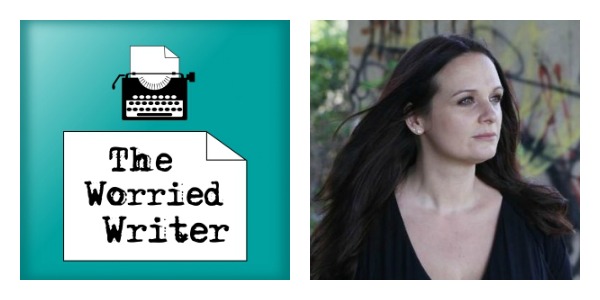 Ann Patchett is one of my favourite writers. If she’s not one of yours, you probably haven’t read her, yet… She won the Orange Prize with the (astounding) Bel Canto, but all of her books are brilliant.
Ann Patchett is one of my favourite writers. If she’s not one of yours, you probably haven’t read her, yet… She won the Orange Prize with the (astounding) Bel Canto, but all of her books are brilliant.
In last week’s C.L. Taylor interview, I mangled a quote from Ann Patchett and it inspired me to re-read the essay I had half-remembered.
It’s the best, most truthful description of the writing process that I have ever read.
Patchett spends months thinking about her novel before she starts writing. She doesn’t make notes or an outline, she figures things out in her mind and says that this is her favourite part of the process.
‘This book I haven not yet written one word of is a thing of undescribable beauty, unpredictable in its patterns, piercing in its colour, so wild and loyal in its nature that my love for this book, and my faith in it as I track its lazy flight, is the single perfect joy in my life…
When I can’t think of another stall, when putting it off has actually become more painful than doing it, I reach up and pluck the butterfly from the air. I take it from the region of my head and I press it down against my desk, and there, with my own hand, I kill it. It’s not that I want to kill it, but it’s the only way I can get something that is so three-dimensional onto the flat page. Just to make sure the job is done I stick it into place with a pin. Imagine running over a butterfly with an SUV. Everything that was beautiful about this living thing – all the colour, the light and movement – is gone. What I’m left with is the dry husk of my friend, the broken body chipped, dismantled, and poorly reassembled. Dead. That’s my book.’
The whole essay is wonderful. You can purchase it as a standalone:
The Getaway Car: A Practical Memoir About Writing and Life![]()
Or, along with lots of other great essays, in
This Is the Story of a Happy Marriage![]()
What do you think? Does this description of the process ring true for you? Let me know if you have a different take (or favourite writing quote – I love a good writing quote!).



